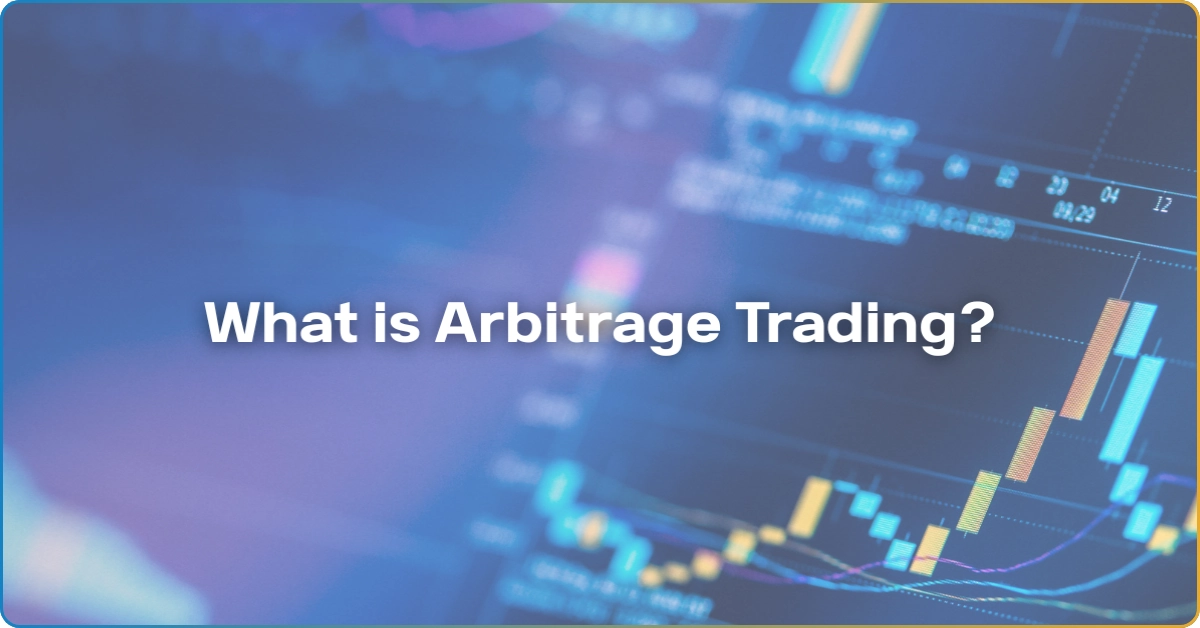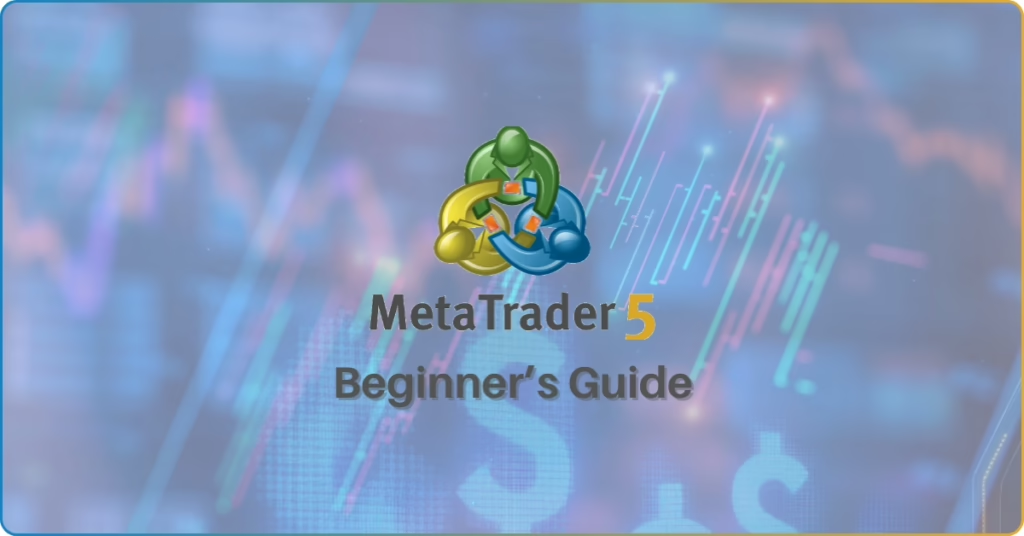Arbitrage ensures that the prices of financial securities are not far from their fair market value for a long time.
In this guide on arbitrage trading for beginners, let’s talk about what arbitrage trading is, arbitrage strategies, risk, and crypto opportunities.
What is Arbitrage Trading?
Arbitrage takes advantage of market inefficiencies and exploits variations in the price of identical or similar financial instruments in various markets.
While arbitrage trades can be accomplished with any asset, it is more commonly made in stocks, currencies, and commodities that can be transacted in multiple markets at once.
In theory, this situation creates an opportunity for a risk-free profit for the trader. However, in the current market, this situation may be an indicator of hidden costs.
During the process of buying and selling, the price difference between similar or identical assets becomes narrow.
How Arbitrage Trading Works
In arbitrage trading, the trader buys the asset in one market and sells it in another market at the same time to make a profit.
Arbitrage traders, commonly called arbitrageurs, usually work on behalf of large financial institutions. It usually involves trading a large amount of money, identifying split-second opportunities, and acting upon them with highly sophisticated software.
Types of Arbitrage Trading Strategies
The following are three arbitrage strategies:
Pure Arbitrage
A pure arbitrage strategy is one in which investors buy and sell financial assets in different markets with a price difference, which is the trader’s profit.
As an example, imagine a multinational company with stocks listed on the New York Stock Exchange (NYSE) and the London Stock Exchange.
The stock is priced at $1.05 on the NYSE, while it is priced at $1.10 on the London Stock Exchange.
If a trader buys it for $1.05 on the NYSE and sells it for $1.10 on the London Stock Exchange, they will make a profit of $0.05 per share.
Merger Arbitrage
Merger arbitrage, also called risk arbitrage, is a type of arbitrage trading that is related to merging entities, such as two publicly traded businesses.
A merger consists of two parties: the target company and the acquiring company that would purchase the outstanding shares of the target company.
In most cases, a premium is placed on the stock that is traded for at the time of the announcement, leading to a profit to shareholders.
When the deal is publicized, traders who want to profit from the deal will purchase the target company’s stock, driving the price to the announced deal price.
However, the target company’s price usually does not match the deal price. It often trades at a slight discount due to the risk of the deal falling through.
Convertible Arbitrage
Convertible arbitrage is also called convertible notes or debt. This is a type of arbitrage that is related to convertible bonds.
The main difference between a convertible bond and a traditional bond is that in a convertible bond, the bondholder can convert it to shares of the underlying company at a discount.
Arbitrage Trading Examples
Here are some examples of arbitrage trading:
Simple Example
Legendary investor Warren Buffett was already profiting from arbitrage trading when he was 6 years old.
He would buy a pack of six Coca-Cola bottles for 25c and sell each for 5c in his neighborhood, giving him 5c profit per pack.
Complex Example
A common example of arbitrage opportunities is cross-border listed companies, which refer to companies that are listed in more than one stock market.
For example, Andy owns stock in Company A, listed on Canada’s Toronto Stock Exchange (TSX), that is trading at $15.00 CAD.
At the same time, Company A’s stock listed on the NYSE trades at $8.00 USD.
With the current CAD/USD exchange rate of $0.72 USD per $1 CAD, if Andy buys a share for $8 on the NYSE and sells it for $15 CAD on the TSX, he will have a profit of $2.78 USD per share.
Risks of Arbitrage Trading
Here are some of the risks you may experience while doing arbitrage trading:
Competing Trades
Market competition may affect the success of an arbitrage transaction. If many traders purchase and resell assets to the same market, then only one trader would benefit from the profits.
Mismatched Assets
This happens when you buy and resell two assets that are not identical or similar. In this situation, you may risk losing the profit you had expected to make.
Failed Resale of Asset
When purchasing an asset, it is possible that you are unable to resell it, which leads to a loss of profit.
Failed resale may happen during financial crises, including stock market crashes.
You may also be asking…
Arbitrage trading for beginners: Is it worth it?
No, beginners need to approach arbitrage trading carefully.
It is generally not a strategy that individual traders can leverage due to the small yield and high volumes to realize profit and overcome transaction fees.
What is arbitrage trading crypto and how does it work?
Cryptocurrency arbitrage is a trading strategy that exploits the price difference of the same cryptocurrency in different markets.
Such discrepancies occur due to a lack of centralized pricing in the crypto market.
Some of the most common types of crypto arbitrage are triangular arbitrage, cross-exchange arbitrage, decentralized arbitrage, and flash loan arbitrage.
Is arbitrage trading profitable?
Yes, it can be profitable, but profits are generally small and depend on various factors, such as capital, speed, and transaction costs. -exchange arbitrage, decentralized arbitrage, and flash loan arbitrage.
The Bottomline
This guide on arbitrage trading for beginners showed that arbitrage highlights how market inefficiencies can be turned into opportunities.
While in theory, arbitrage may seem like a risk-free profit, in practice, it requires speed, technology, and careful execution.
Overall, arbitrage can serve as both a valuable learning experience and a potential strategy, provided you remain aware of the risks.
If you want to keep informed about arbitrage trading strategies, CommuniTrade is a space where verified traders share information about trading topics. Get access to insightful tips, financial mentor advice, and more exclusive perks that await.

















